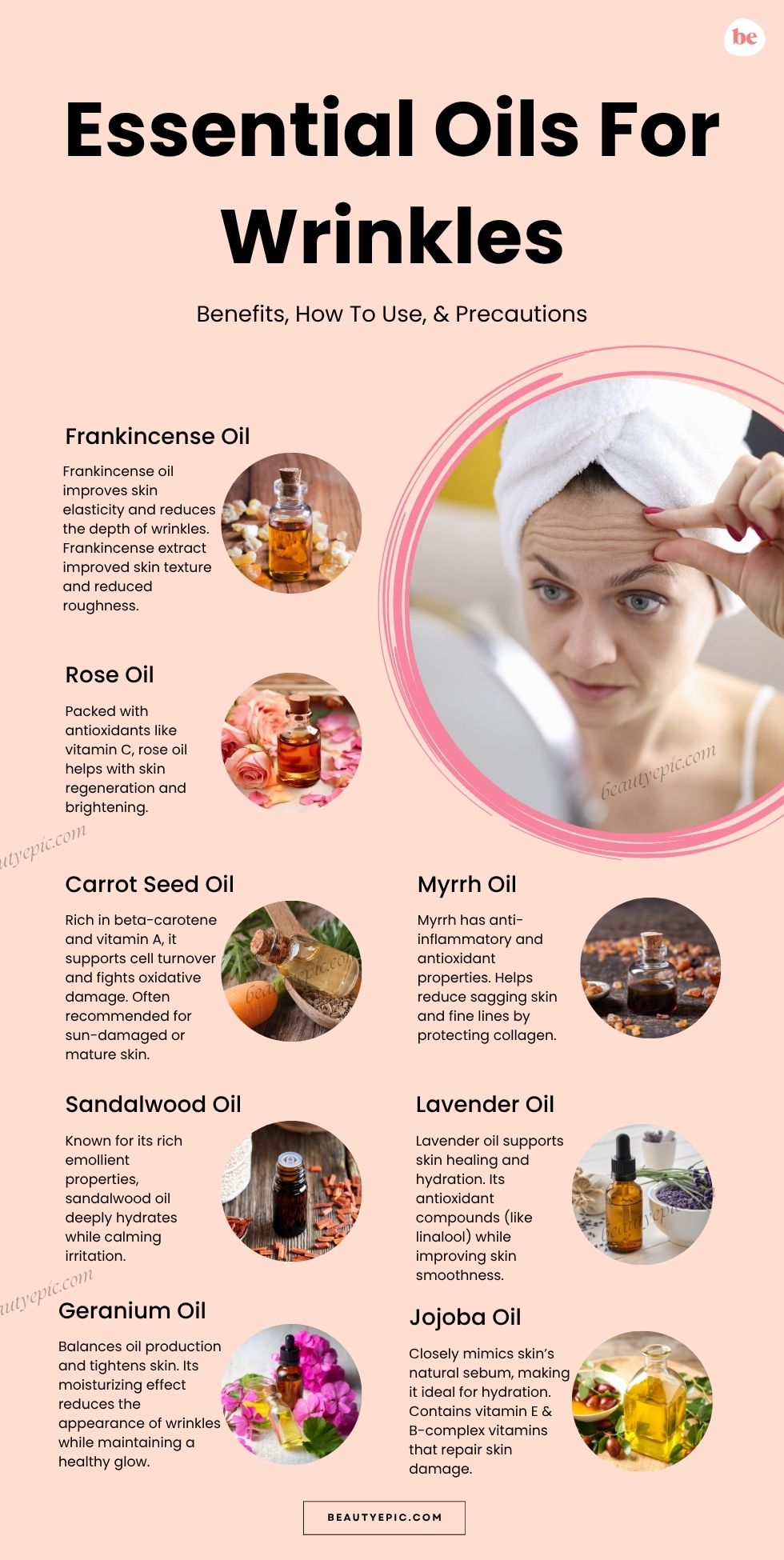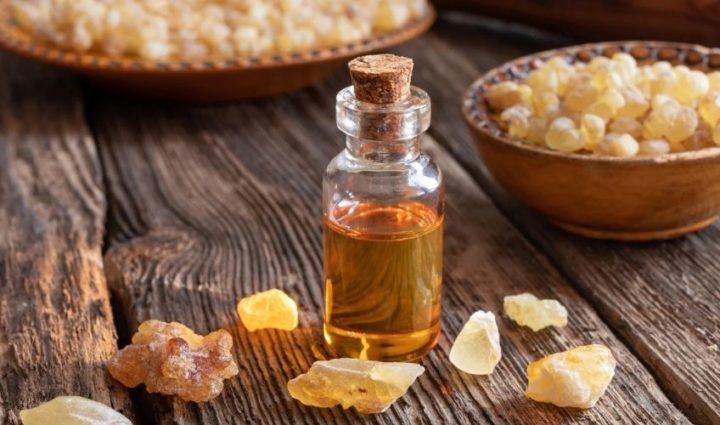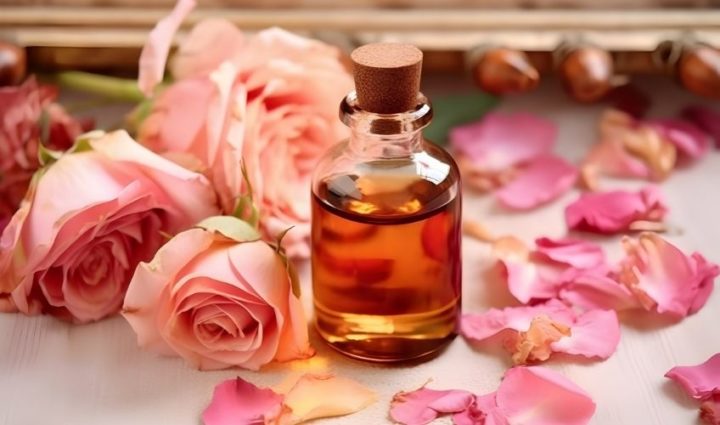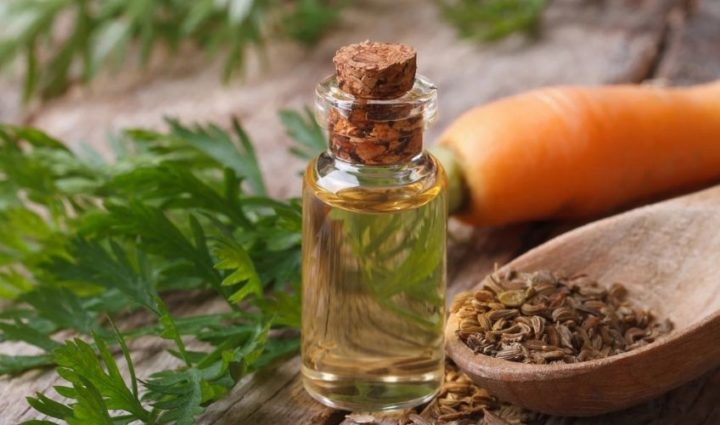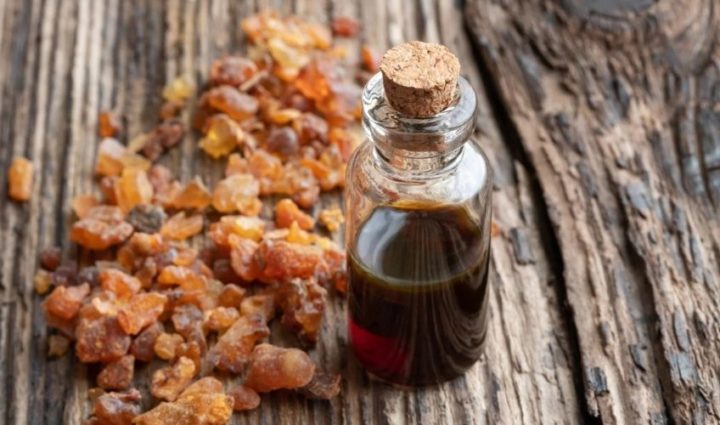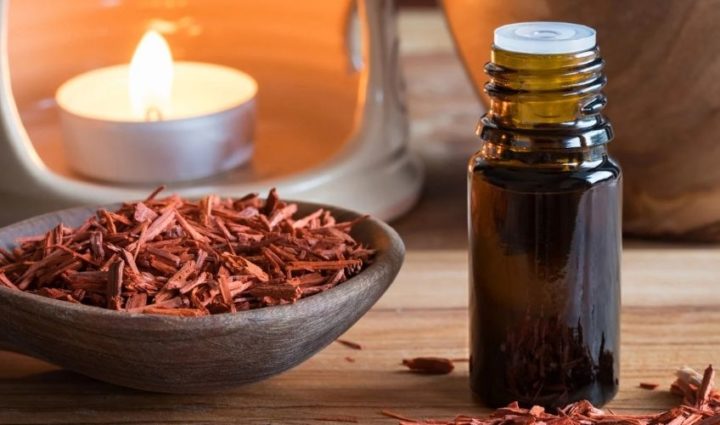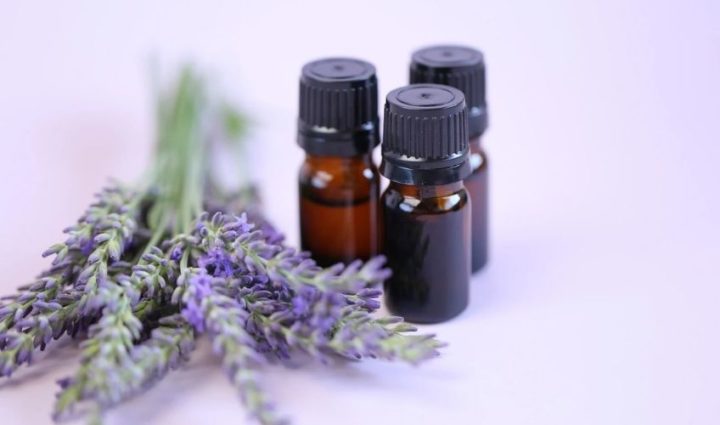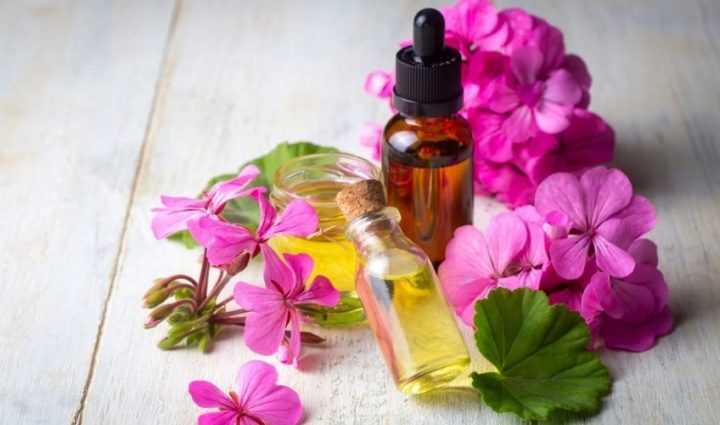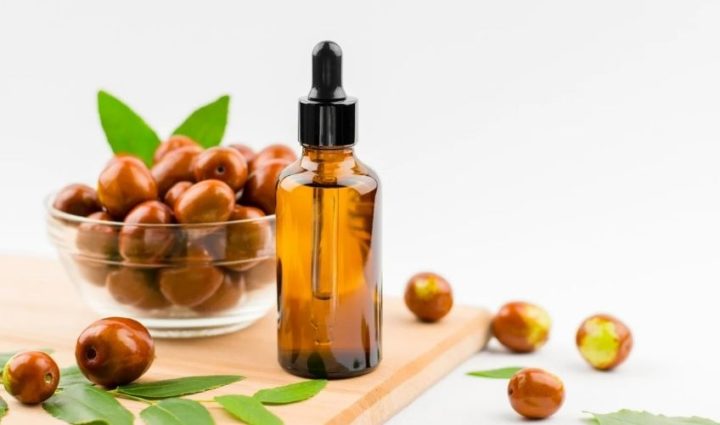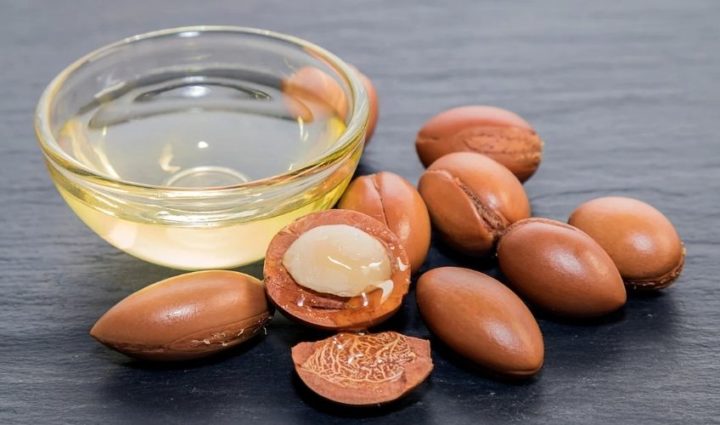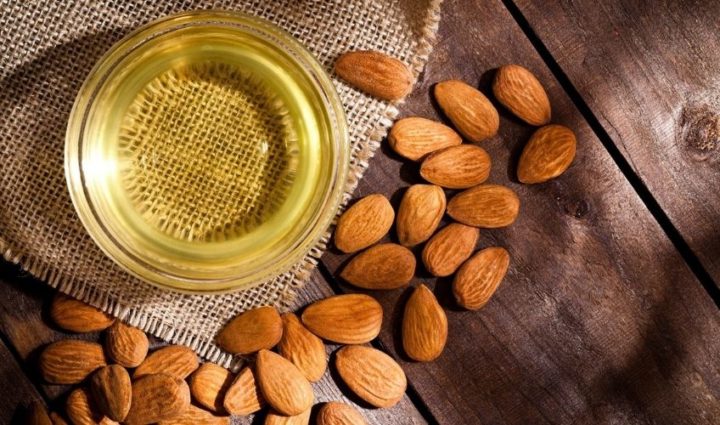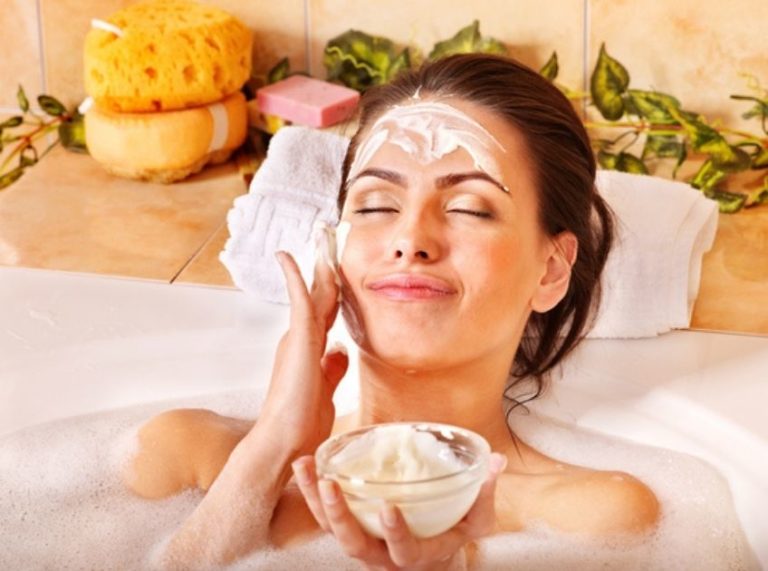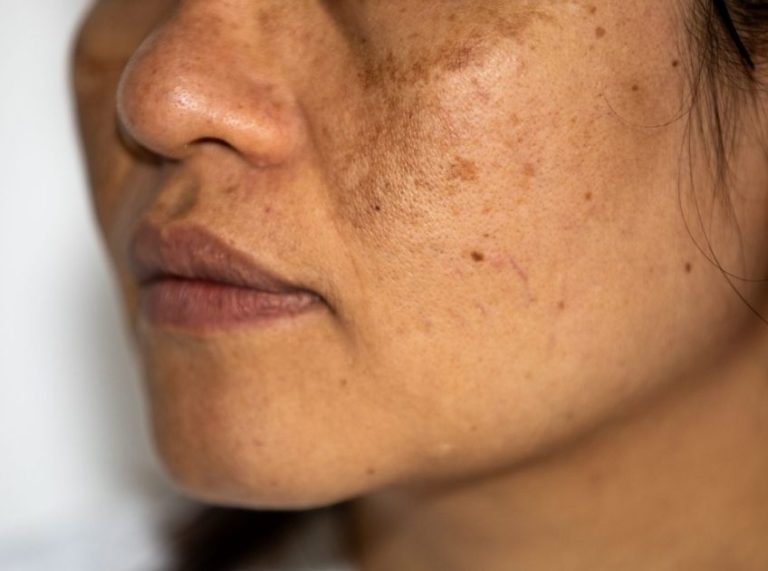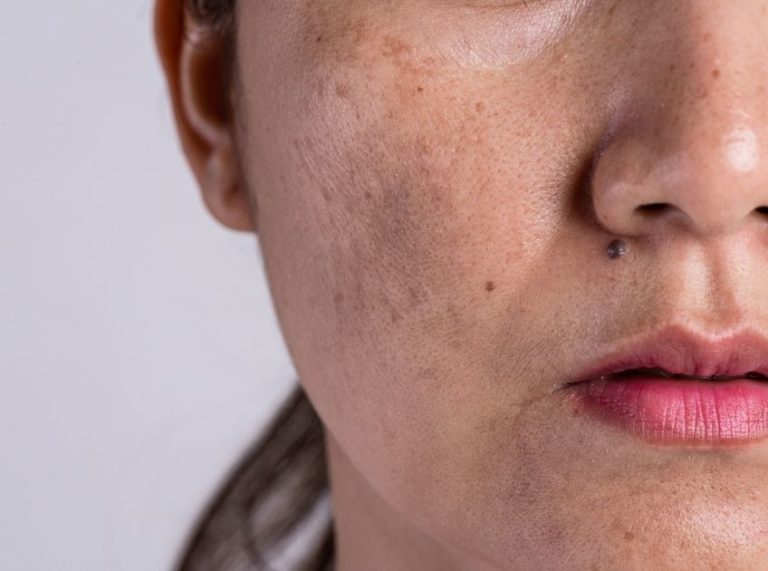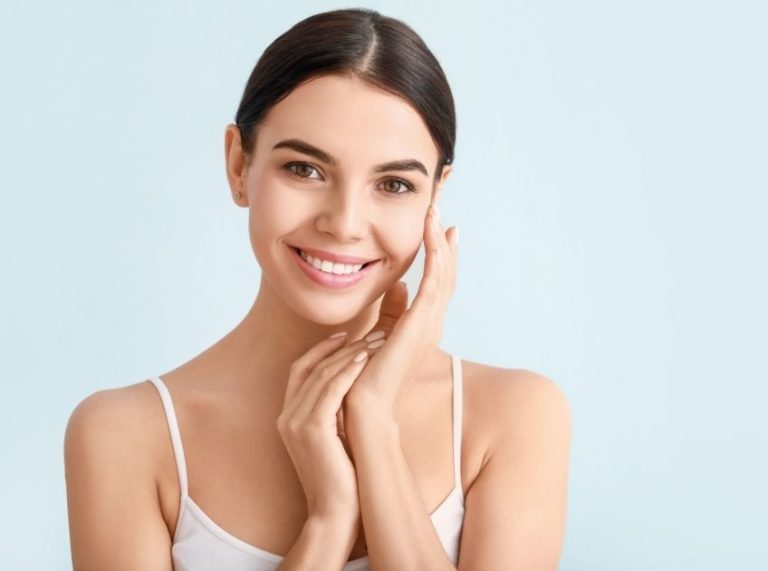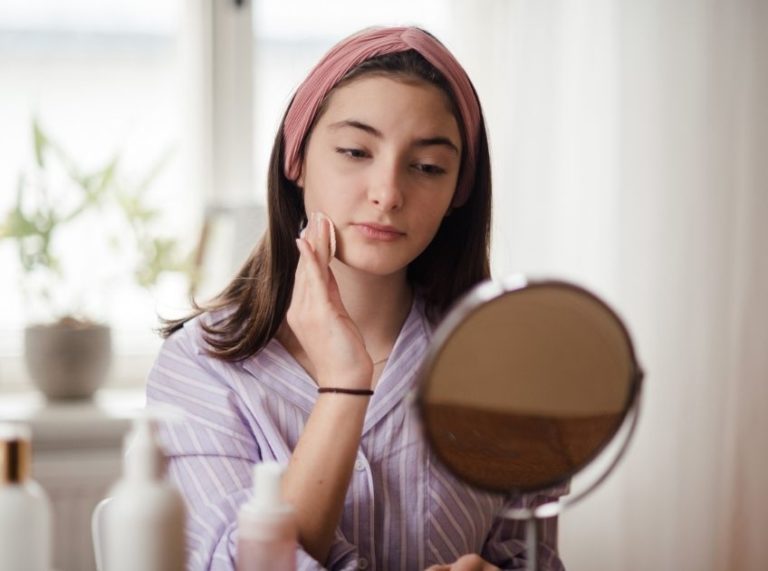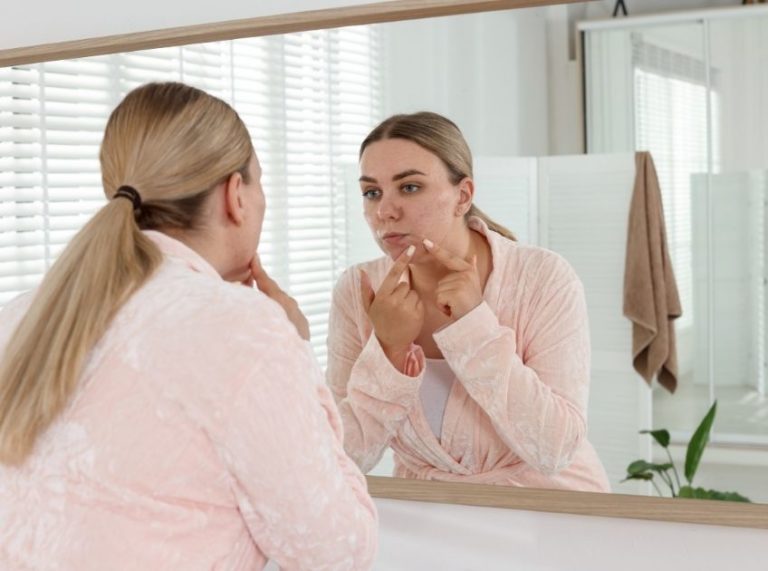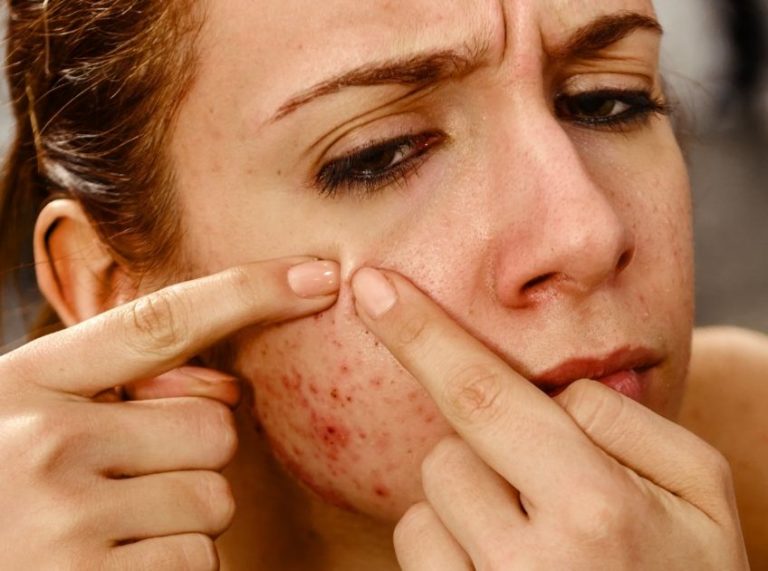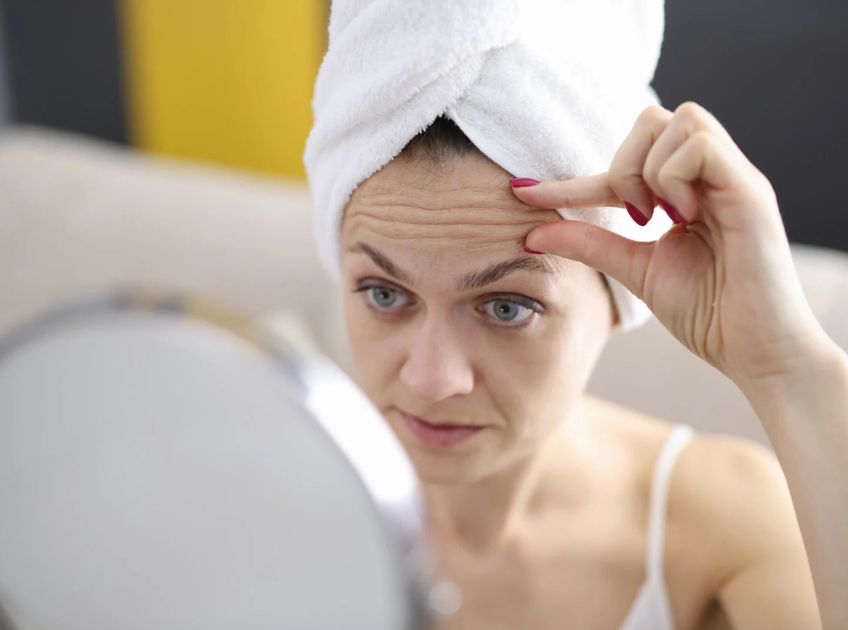
Important: This article is for informational purposes only. Please read our full disclaimer for more details.
Wrinkles are one of the most visible signs of aging, often caused by a combination of factors: reduced collagen, sun exposure, oxidative stress, and natural skin changes over time. While no single ingredient can erase lines completely, essential oils are increasingly being recognized for their ability to support skin health, improve hydration, and reduce the appearance of fine lines. Their antioxidant and nourishing compounds make them a natural alternative to harsher anti-aging products.
Antioxidant Heroes: Essential Oils That Fight Free Radicals
Free radicals—unstable molecules produced by sun exposure and pollution—are one of the biggest culprits behind premature wrinkles. Some essential oils are rich in antioxidants, which neutralize these free radicals and protect collagen.
1. Frankincense Oil
- Known as the “king of oils,” frankincense improves skin elasticity and reduces the depth of wrinkles.
- A 2013 study in BioMed Research International showed frankincense extract improved skin texture and reduced roughness (1).
2. Rose Oil
- Packed with antioxidants like vitamin C, rose oil helps with skin regeneration and brightening.
- Its calming effect also reduces inflammation, which accelerates aging.
3. Carrot Seed Oil
- Rich in beta-carotene and vitamin A, it supports cell turnover and fights oxidative damage.
- Often recommended for sun-damaged or mature skin.
4. Myrrh Oil
- Traditionally used in ancient skincare rituals, myrrh has anti-inflammatory and antioxidant properties.
- Helps reduce sagging skin and fine lines by protecting collagen.
Hydration Boosters: Oils That Lock in Moisture
As skin ages, it loses its natural oils, leading to dryness and more visible wrinkles. Essential oils that support hydration help plump the skin, making fine lines less noticeable.
5. Sandalwood Oil
Known for its rich emollient properties, sandalwood oil deeply hydrates while calming irritation.
Research in Planta Medica highlights its ability to increase skin’s water retention (2).
6. Lavender Oil
Not only soothing for the mind, lavender oil supports skin healing and hydration.
Its antioxidant compounds (like linalool) combat oxidative stress while improving skin smoothness.
7. Geranium Oil
Balances oil production and tightens skin.
Its moisturizing effect reduces the appearance of wrinkles while maintaining a healthy glow.
The Role of Carrier Oils: The Unsung Heroes of Anti-Aging
Essential oils should never be applied directly to the skin. Carrier oils not only dilute them for safety but also provide their own anti-aging benefits.
8. Jojoba Oil
Closely mimics skin’s natural sebum, making it ideal for hydration.
Contains vitamin E and B-complex vitamins that repair skin damage.
9. Argan Oil
- Rich in vitamin E, fatty acids, and antioxidants.
- A 2015 study in Clinical Interventions in Aging found that argan oil significantly improved skin elasticity in postmenopausal women (3).
10. Sweet Almond Oil
- Lightweight and easily absorbed, almond oil is rich in vitamin E.
- Helps smooth skin texture and fade fine lines.
Are Essential Oils for Wrinkles Really Backed by Science?
While essential oils are not a substitute for retinoids or dermatological treatments, their natural compounds—such as terpenes, phenols, and flavonoids—have demonstrated antioxidant, anti-inflammatory, and moisturizing effects in studies. For example:
- A 2017 review in the Journal of Ethnopharmacology confirmed that plant-based oils can help with skin regeneration (4)(5).
- Clinical trials with argan and frankincense oils show measurable improvements in skin elasticity and roughness.
This scientific support suggests that while essential oils may not eliminate wrinkles, they can be valuable tools in a holistic skincare routine.
Safety First: Risks and Precautions You Should Know
Essential oils are potent, and improper use can cause irritation or allergic reactions. Here are a few precautions:
- Always dilute essential oils with a carrier oil before applying to skin (usually 2–3 drops per teaspoon of carrier oil).
- Perform a patch test before applying it to your face.
- Avoid citrus oils like lemon or bergamot for wrinkle care, as they can increase sun sensitivity.
- Pregnant or breastfeeding individuals should consult a healthcare professional before use.
Frequently Asked Questions (FAQ’S)
1. How often should I use essential oils for wrinkles?
A. 2–3 times per week is usually sufficient. Daily use may cause sensitivity, depending on the oil.
2. Can essential oils replace anti-aging creams or retinol?
A. No, but they can complement them. Essential oils hydrate, protect, and soothe, while retinol and peptides work more directly on collagen production.
3. Which essential oil is best for deep wrinkles?
A. Frankincense and carrot seed oils are particularly effective for deeper wrinkles due to their collagen-protecting and cell-regenerating properties.
Final Thoughts
Essential oils are not miracle cures, but when used correctly, they can significantly improve hydration, elasticity, and radiance—making wrinkles less visible. Oils rich in antioxidants, like frankincense and rose, help fight free radicals, while moisture-boosting oils like sandalwood and geranium keep the skin plump. Combined with nourishing carrier oils such as jojoba or argan, they form a powerful natural toolkit for healthy, youthful-looking skin.
